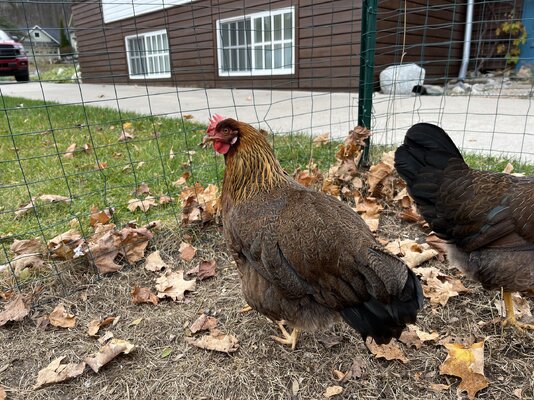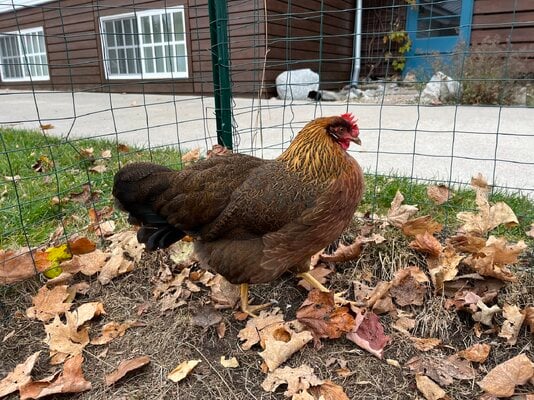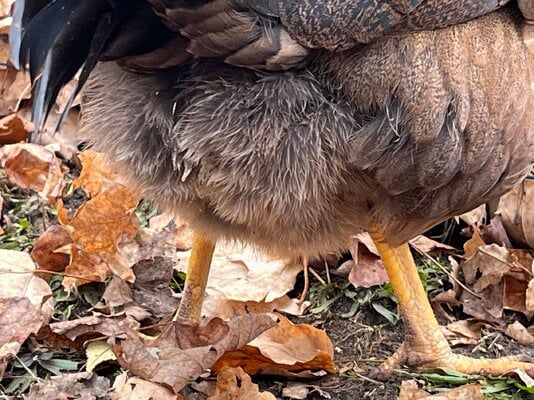LeelanauChickens
Hatching
- Nov 17, 2023
- 2
- 3
- 4
Hello all, new to the group so I'm following the guidlines and introducing myself. My family and I live in Leelanau County MI and are on our 2nd flock of chickens. We started our backyard flock in August of 21 with 14 chickens, 10 chicks from Tractor Supply ans 4 that were about 4 months old from a local keeper. Since then all have died either from disease or predators. We started fresh after cleaning our coup and reorganizing our run area but have began to run into disease once more. One by one we have lost 4 chickens since September and the disease seems to be making its way through the flock as currently there is a 5th bird with symptoms. This is the same disease from the looks of it that we dealt with last time around and my guess then is the same as now either marek's or Coccidiosis but I'm not quite sure. The birds start to get runny fecal matter sticking to their vent feathers, we then notice a drooped tail, retracted neck, lethargic behavior, slower movent, puffed feathers, droped wings, isolation, siting around, then what seems to be paralysis. Once they reach this state I have had a few live for several days while still eating and drinking in the isolation hutch but they all eventually die. If ts Marek's I know there's not much that can be done other than order them pre vaxed. We did try Corid in the water with the previous flock but still had loss. This time around I thought it might be botulism when it first started because the first sick bird definatly displayed botulism symptoms and after treating with activated charcoal it got better almost immediately and is sill living but that did not work on the other 4 that ended up dying. Sorry to likly post this outside of a long thread that relates to either Marek's or Coccidiosis but I could use some insight as at this rate our new flock that started out at 21 birds will likely be zero by spring if the last flock circumstances is any indication. I have attached a few picks, kind of hard to see the fecal matter sticking to her vent feathers but its there along with bad smelling feces. Havent noticed any blood in stools.








 Glad you joined.
Glad you joined.